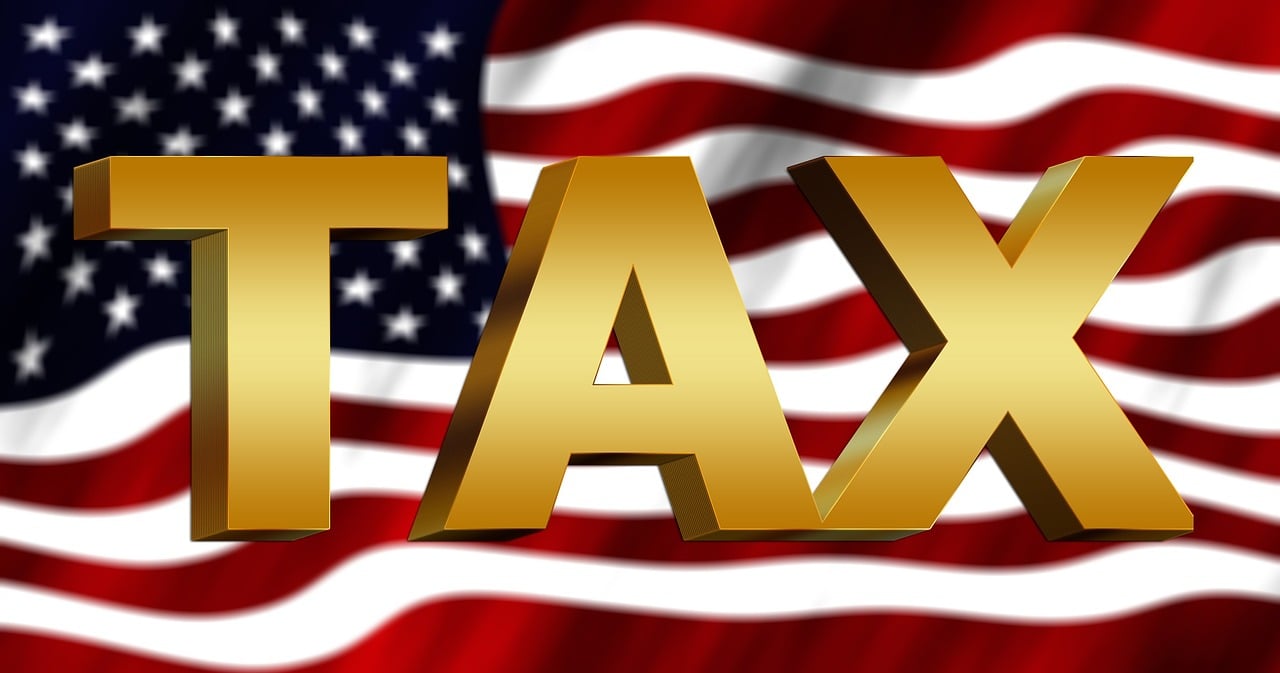
Strategies for Small Businesses and SMEs to Thrive Amid Global Trade Uncertainties
In today’s interconnected economy, tariffs and taxes are powerful tools that governments, use to influence trade policies. For Micro, Small and Medium-sized Enterprises (MSMEs), navigating the complexities of tariffs can be challenging but essential to safeguard their businesses. Let’s take a comprehensive look on how to tariff proof your business, ensuring resilience in an ever-evolving global trade landscape.
| TARIFF | TAX |
|---|---|
|
A tariff is a type of tax charged on imports (or sometimes exports). |
A tax is a general charge by the government on income, goods, services, or property. |
| It’s used to control trade and protect local industries. |
It’s used to raise revenue for public services (like roads, schools, hospitals). |
| Only applies to international trade. | Applies to individuals, businesses, or domestic sales. |
| Example: A 10% tariff on imported cars. | Example: Income tax, VAT, sales tax, property tax. |
NOTE: All tariffs are taxes, but not all taxes are tariffs.
Understanding Tariffs and Their Impact on Small Businesses
What Are Tariffs and How Do They Affect the Economy?
Tariffs are taxes imposed by governments on imported goods, making them more expensive. They aim to protect domestic industries but can inadvertently increase costs for small businesses that rely on imported materials or products. During the Trump administration, tariffs on goods from countries like China created significant ripple effects across the economy, affecting prices, supply chains, and profit margins.
Why Small Businesses Need to Pay Attention
Unlike large corporations, MSMEs often operate with tighter margins and less bargaining power. An increase in tariffs can lead to:
- Higher procurement costs
- Delayed shipments
- Reduced competitive edge
- Potential layoffs or downsizing
Proactively understanding and managing tariffs is crucial to maintaining profitability and growth.
Strategic Approaches to Tariff Proofing Your Business
Diversify Your Supply Chain
Source Locally When Possible
Example: A small furniture manufacturer relying on imported wood can explore local suppliers to mitigate tariffs. Local sourcing not only reduces exposure but also supports the local economy.
Explore Multiple Suppliers
Engaging with multiple suppliers across different regions minimizes reliance on a single source vulnerable to tariffs, ensuring more stable supply chains.
Adjust Pricing and Contracts
Incorporate Tariff Adjustments
Include clauses in supplier or customer contracts that account for potential tariff fluctuations to prevent unforeseen expenses impacting profit margins.
Dynamic Pricing Strategies
Regularly review and adjust pricing to reflect changing costs due to tariffs, helping micro and small businesses stay resilient.
Invest in Innovation and Product Development
Developing unique, locally-produced products can reduce dependence on imported components, shielding your business during tariff increases.
Example: A small electronics firm developing in-house components can reduce vulnerability to external tariffs.
Monitor Policy Changes and Engage with Policy Makers
Stay informed about taxes and tariffs policies—especially those enacted during administrations like Trump—and participate in industry associations to voice concerns and influence policy decisions.
Additional Tips for Small Business Tariff Resilience
Financial Planning and Risk Management
- Maintain cash reserves to absorb cost fluctuations.
- Use hedging strategies where applicable to lock in costs.
- Review insurance policies to cover supply chain disruptions.
Leverage Government Resources and Support Programmes
Many governments offer SMEs support programmes during trade disputes, including grants, loans, and advisory services.
Frequently Asked Questions (FAQs)
Q1: How can small businesses determine if tariffs will affect their supply chain?
Answer: Small businesses should conduct a supply chain audit, identify imported components, and stay updated through trade news and government announcements regarding tariffs.
Q2: Are there tax incentives or relief programmes available for SMEs impacted by tariffs?
Answer: Yes, some governments provide relief programmes. Consult local commerce chambers or industry associations for tailored support options.
Q3: Can diversification fully protect my business from tariff impacts?
Answer: While diversification reduces risk, it cannot eliminate it entirely. Combining diversification with strategic planning offers the best protection.
Tariffs are a significant factor influencing the economy and small business operations. Micro and SMEs must adopt proactive tariff proofing strategies—such as supply chain diversification, dynamic pricing, innovation, and policy engagement—to safeguard their businesses against unpredictable trade policies.
Remember, being informed and adaptable is the key to maintaining resilience amid global trade uncertainties. Start implementing these strategies today to future-proof your small business and turn challenges into opportunities for growth.
Take the first step toward tariff resilience! Review your supply chain, explore local sourcing options, and stay informed about trade policy updates. Your business’s future depends on proactive planning.